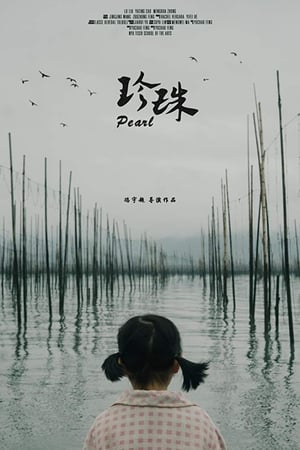

Full of Death(2015)
A desperate man, who is down and out, says that a group of people following him is trying to give the sleepy city a shot in the arm by planting a flower of idealism out of the ruins. And with the purpose of "if there's no enough vitality, use desperate strength to gather together", they begin to look for service/preaching targets. At the same time, there's an elder sister who has locked her younger brother in the home for a long time, the younger brother got the chance to the outside world accidentally however.
Movie: Full of Death

死命力
HomePage
Overview
A desperate man, who is down and out, says that a group of people following him is trying to give the sleepy city a shot in the arm by planting a flower of idealism out of the ruins. And with the purpose of "if there's no enough vitality, use desperate strength to gather together", they begin to look for service/preaching targets. At the same time, there's an elder sister who has locked her younger brother in the home for a long time, the younger brother got the chance to the outside world accidentally however.
Release Date
2015-01-01
Average
0
Rating:
0.0 startsTagline
Genres
Languages:
普通话
Similar Movies
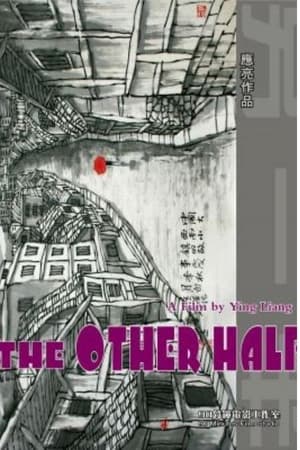 5.8
5.8The Other Half(zh)
Working as a secretary for a legal office, Xiaofen records clients detailing the sordid aspects of their lives: divorce cases, medical malpractice suits, financial corruption and old-fashioned personal revenge. Xiaofen starts to question her own relationship with her boyfriend (Deng Gang), fresh out of prison and looking to get into trouble again with his gambling habit. While Xiaofen deals with the overwhelming social malaise surrounding her, rumors spread of a disaster at the local chemical plant, threatening to poison the entire city.
 5.7
5.7Three Adventures of Brooke(zh)
Xingxi travels alone to Alor Setar, a town in Northern Malaysia. As a consequence of a blown tire, she experiences three variant adventures. She introduces herself to people using different identities with mysterious secrets. In return, what the journey brings her is thoroughly unexpected. In the first adventure, Brooke is a traveler; in the second adventure, Brooke is an anthropologist; in the third, Brooke is a divorcée. She is a disheartened woman who comes across a French writer named Pierre. The two lonely travelers become instant friends. Their age gap enables them to have their respective insights into life and death. Meanwhile, it is not until the enigmatic side of Alor Setar begins to unfold that Brooke tells Pierre the true reason why she has come. They seek to understand the interaction between love and life. As the story comes to an end, mother nature shows her beauty with the magical Blue Tears phenomenon on prominent display.
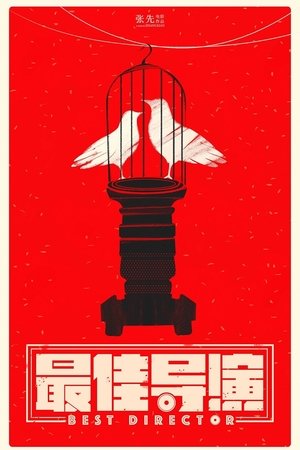 0.0
0.0Best Director(zh)
Zhang and Shanni are a couple. They live in Beijing and both are successful. Zhang is a director of some renown whose film has just won a prize abroad. Shanni is a fashion magazine photographer from Guangdong. They planned to get a marriage certificate quickly and start a wedding trip. However, their parents are not keen on the idea and insist on a traditional Chinese wedding. They force the couple to organize a traditional ceremony. Everyone comes to Zhang's hometown of Shanxi, and a family hell begins. Differences of opinion between the young couple and the parents, cultural differences between the two families, and then Zhang's ex-girlfriend turns up - A truly black comedy.
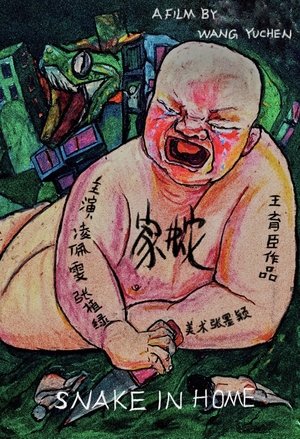 0.0
0.0Snake in Home(zh)
The C-list TV actor Jonnie Zhang decides to change career as an estate agent. While preparing for the interview, he hires a cleaner to tidy up his long non-visited mansion. A cleaner receives a task to a vacant house, and she decides to stay over night realizing that the bus service has been suspended. Out of every clue hidden in the house, she fantasizes its whole family and secrets, along with her own previous life she comes across.
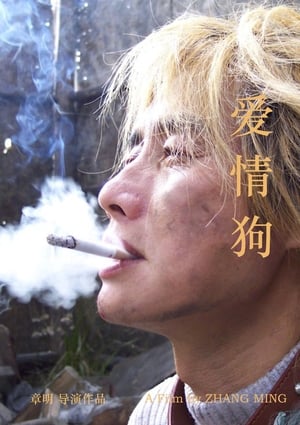 7.0
7.0The Love Dog(zh)
Originally conceived as the film for government propaganda but couldn't pass the censorship. Five punks found Dong Jianguo, a millionaire wearing the dog chain being trapped in the trunk. They kidnapped the millionaire and started to konw the love story between Dong Jianguo and a woman called Bobo.
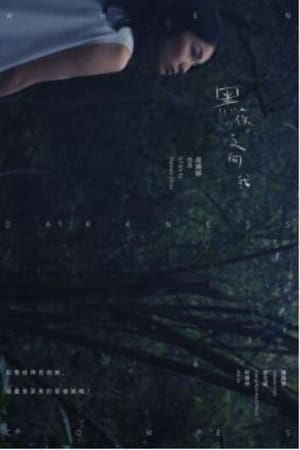 0.0
0.0When Darkness Comes(zh)
A young girl Pui and her father live together leaning on each other for support, but they still feel lonely and insecure. At the same time, the young girl is haunted by the death of her mother. After small accidents, she magically starts to walks into an Another World over and over again, where memories and realities intertwined, but she has no idea whether it’s a dreamworld, or a ghost land.
 3.0
3.0Pathway(zh)
Xu Xin’s film “Dao Lu” (China 2012) offers an exclusive “in camera” encounter with Zheng Yan, an 83 year-old veteran of the Chinese Red Army, who calmly relates how he has navigated his country’s turbulent history over three-quarters of a century.Born to a wealthy family in a foreign concession, Yan joined the Chinese Communist Party (CCP) in 1941 because he sincerely believed in the socialist project, and in its immediate capacity to free China from the Japanese yoke and eradicate deep-rooted corruption.
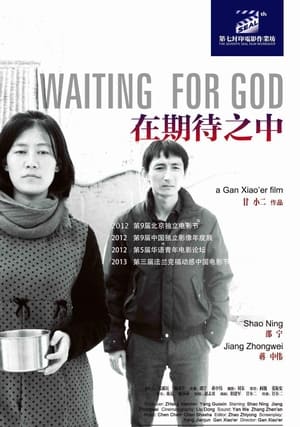 0.0
0.0Waiting for God(zh)
A day of Xiaoyang, the curator of a village church. Xiaoyang and her husband have just registered their marriage, but they cannot hold a wedding in the church for her husband is not a Christian. Before the wedding, she is waiting for her husband’s baptism.
 7.6
7.6Twenty Two(zh)
Follow the lives of the elderly survivors who were forced into sex slavery as “Comfort Women” by the Japanese during World War II. At the time of filming, only 22 of these women were still alive to tell their story. Through their own personal histories and perspectives, they tell a tale that should never be forgotten to generations unaware of the brutalization that occurred.
 6.6
6.6The Iron Ministry(zh)
Filmed over three years on China’s railways, The Iron Ministry traces the vast interiors of a country on the move: flesh and metal, clangs and squeals, light and dark, and language and gesture. Scores of rail journeys come together into one, capturing the thrills and anxieties of social and technological transformation. The Iron Ministry immerses audiences in fleeting relationships and uneasy encounters between humans and machines on what will soon be the world’s largest railway network.
 0.0
0.0China. The Arts – The People(de)
China marks the beginning of the extensive Asian theme in Ottinger’s filmography and is her first travelogue. Her observant eye is interested in anything from Sichuan opera and the Beijing Film Studio to the production of candy and sounds of bicycle bells.
 9.0
9.0Demolition(zh)
"If the old doesn't go, the new never comes" recites a teenager hanging out near a demolition site in the center of Chengdu, the Sichuan capital in western China. In Demolition, filmmaker J.P. Sniadecki deconstructs the transforming cityscape by befriending the migrant laborers on the site and documenting the honest, often unobserved, human interactions, yielding a wonderfully patient and revealing portrait of work and life in the shadow of progress and economic development.
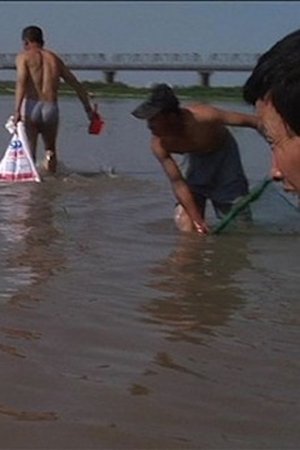 0.0
0.0Songhua(zh)
In northeastern China the Songhua River flows west from the border of Russia to the city of Harbin, where four million people depend on it as a source of water. Songhua is a portrait of the varying people that gather where the river meets the city, and an ethnographic study of the intimate ways in which they play and work.
 7.0
7.0The Yellow Bank(zh)
A short documentary that captures the longest total solar eclipse of the 21st century, The Yellow Bank takes you on a contemplative boat ride across the Huangpu River in Shanghai, China. Filmmaker J.P. Sniadecki, who lived and worked in Shanghai nine years earlier, uses the eclipse as a catalyst to explore the way weather, light, and sound affect the urban architectural environment during this extremely rare phenomenon.
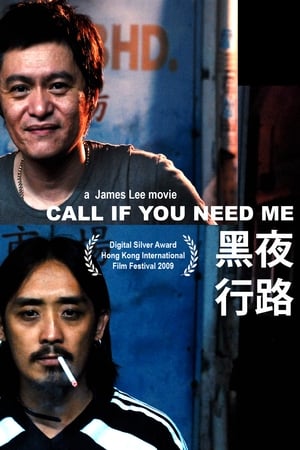 10.0
10.0Call If You Need Me(zh)
Gentle, easy-going Or Kia moves from the countryside to Kuala Lumpur to work for his cousin and best friend Ah Soon, a mid-level gangster and enforcer. While Or Kia works hard to put a sister through school, Ah Soon cares for an unstable girlfriend prone to mysterious disappearances. As they both sink deeper into a nocturnal world of debts, drugs, and betrayal, Or Kia's loyalties are strained when Ah Soon falls out of favor with the bosses and tries to escape the business.
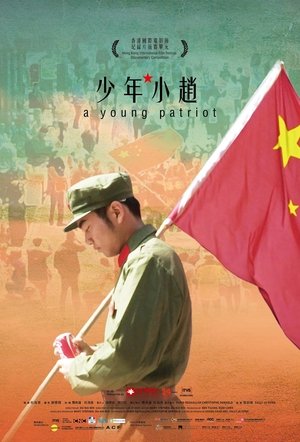 7.0
7.0A Young Patriot(zh)
A documentary chronicling the coming of age of a young chinese man.
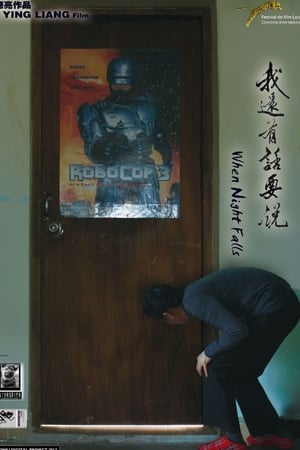 5.0
5.0When Night Falls(zh)
The mother of a murderer awaits and prepares to meet her son. The true story of a man who killed six Shanghai policemen after suffering police beatings as a punishment for riding an unlicensed bicycle. This film was produced as a part of the Jeonju Digital Project.
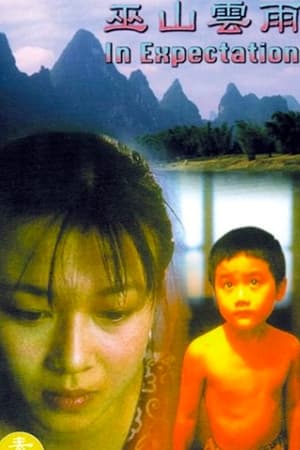 5.4
5.4Rainclouds Over Wushan(zh)
A policeman investigates an introverted signal-station manager suspected of raping a hotel clerk.
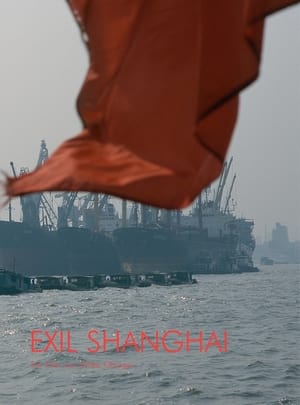 0.0
0.0Exile Shanghai(de)
Six life stories of German, Austrian and Russian Jews which intersect in exile in Shanghai. Out of narratives, photographs, documents and new images of the biggest and most contradictory metropolis of the Far East an entity develops in which the historic exile takes and turns on a completely current power and appeal.

